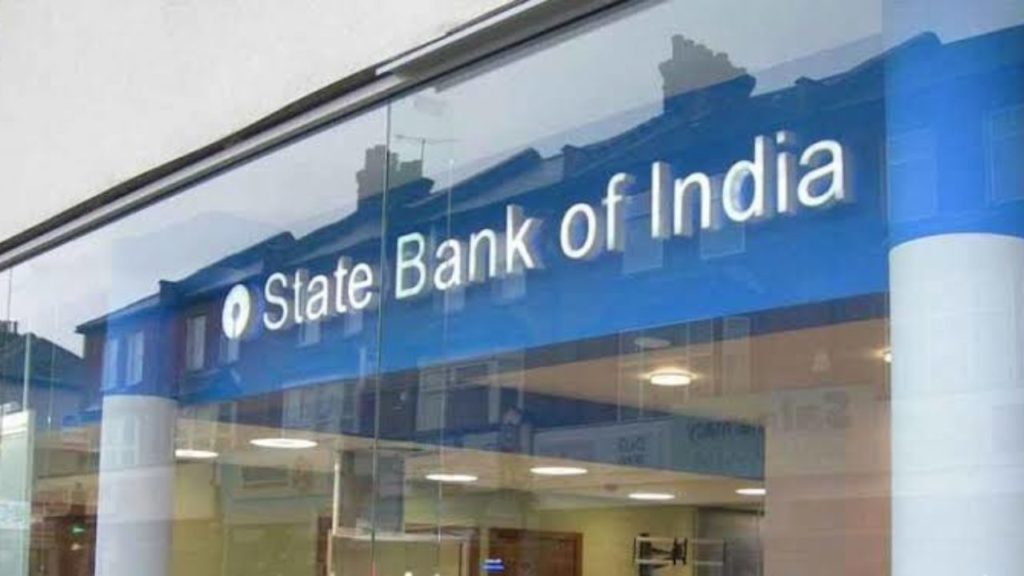The victim, a man from Assam, experienced a shocking cyber fraud when he tried to return a Louis Philippe blazer worth Rs 4,000, ultimately losing Rs 94,000 from his State Bank of India (SBI) account. The fraud began in 2021 when Louis Philippe’s website was hacked, exposing sensitive customer data, including his. A fraudster, posing as a customer care representative, convinced the victim to install an app that granted the fraudster access to his bank account. Within hours, the money was swiftly transferred to multiple accounts, leaving the victim with an empty account and the unwanted blazer.

Legal Battle for Justice: Victim Fights SBI’s Negligence in Cyber Fraud Case
The victim promptly reported the fraud to SBI and filed complaints with both the police and cybercrime cells. However, the bank failed to take timely action. SBI initially shifted the blame onto the victim, arguing that since the transactions were made through Google Pay, a third-party app, they were not responsible. This defense was rejected in court. Determined to seek justice, the victim pursued the case through various legal avenues, including the RBI Banking Ombudsman, Gauhati High Court, and ultimately, the Supreme Court of India.
The Gauhati High Court ruled that SBI had failed to take the required actions, even though the fraud was reported within hours. The bank’s argument that the victim’s use of Google Pay exempted them from responsibility was dismissed. The court highlighted that SBI could not prove any negligence on the part of the customer and subsequently ordered the bank to refund the stolen amount.
Supreme Court Ruling Sets Precedent for Bank Accountability in Cyber Fraud Cases
The Supreme Court upheld the High Court’s decision, emphasizing that banks possess the technology to detect and prevent fraud and must take swift action to safeguard their customers. The court further clarified that banks are responsible for unauthorized transactions unless customer negligence, such as sharing sensitive information, is proven. This judgment establishes a precedent, highlighting the importance of banks being diligent and accountable in preventing cyber fraud, especially when the victim has promptly reported the incident.
This case highlights the importance of reporting fraud promptly and emphasizes the responsibility of financial institutions to protect their customers. It also makes clear that banks cannot avoid liability without solid evidence of customer negligence, particularly in cases involving third-party breaches.
Summary: A man from Assam lost Rs 94,000 after a cyber fraud linked to a hacked Louis Philippe website. Despite reporting the issue to SBI, the bank failed to act and blamed the victim. After a legal battle, the Supreme Court ruled that SBI must refund the amount, setting a precedent for bank accountability in cyber fraud cases.











